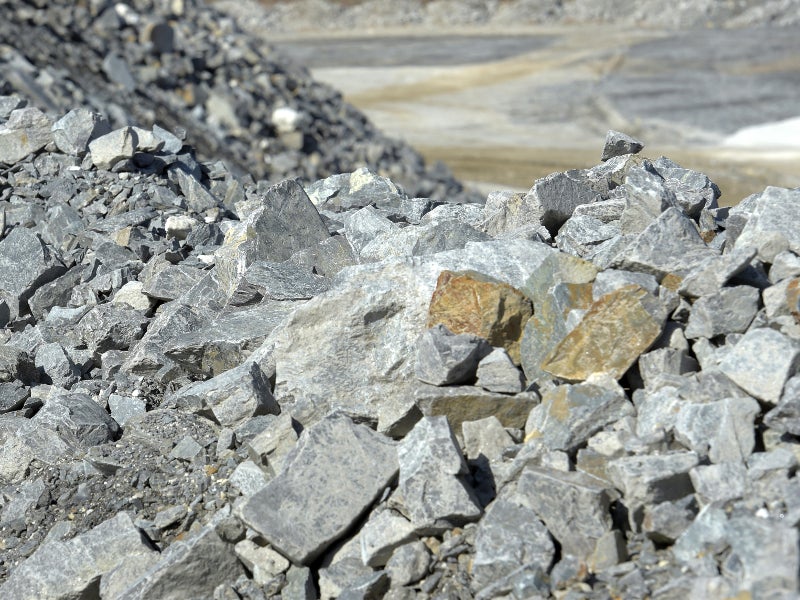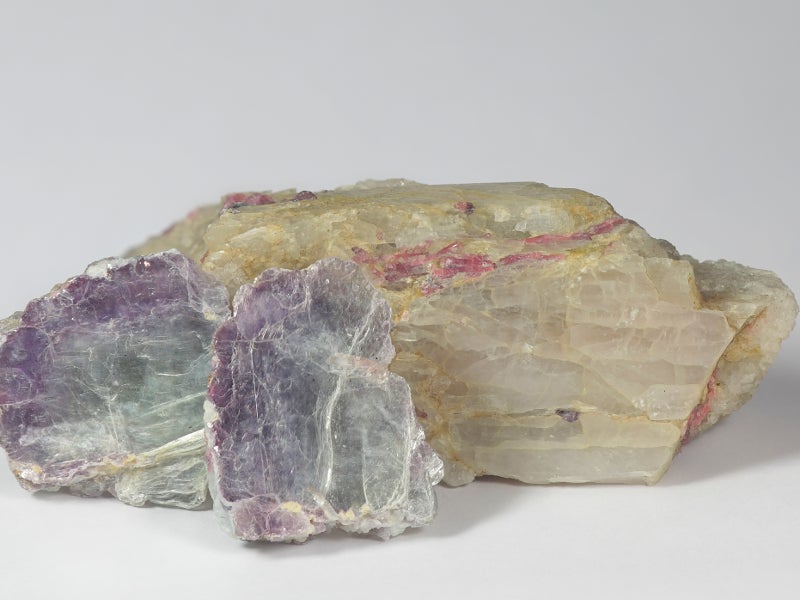The Zinnwald lithium project is an underground lithium project located in the Erzgebirge region of Saxony, Germany. Deutsche Lithium, which is a 50:50 joint venture between Bacanora Lithium and SolarWorld, is the owner and operator of the project.
Mining permit for the Zinnwald project was approved in October 2017, while the feasibility study was completed in May 2019. The project is expected to have a mine life of 30 years.
It is expected to produce up to 5,112 tonnes per annum (tpa) of high-purity lithium fluoride (LiF) and 32,000tpa of potassium sulphate (K2SO4) as by-product.
Zinnwald lithium project location, geology, and mineralisation
The Zinnwald lithium project is located adjacent to the German border with the Czech Republic, approximately 35km south of Dresden, the capital city of Saxony.
The project is part of the Erzgebirge-Fichtelgebirge Anticlinorium, one of the major allochthonous domains in the the Saxo-Thuringian Zone of the Central European Variscan (Hercynian) Belt.
The Zinnwald lithium deposit belongs to the greisen deposits group. Its regional geological structure is characterised by post-kinematic magmatites and a crystalline basement.
Mineralisation of the deposit is of late Variscan age and is hosted in lithium-bearing mica called zinnwaldite, a member of the siderophyllite-polylithionite series.
The mineralised zones of the deposit also contain quartz, topaz, fluorite, associated cassiterite, wolframite, and scheelite, as well as sulphides in smaller volumes.
Zinnwald lithium project reserves
The Zinnwald lithium project is estimated to hold 31.2 million tonnes (Mt) of ore reserves, grading 3,004ppm of lithium. Contained lithium is estimated to be 94,000t.
The indicated and measured mineral resources are estimated to be 40.375Mt, containing 142,240t of lithium carbonate-equivalent (LCE) with mean lithium grade of 3,523ppm.
Mining at Zinnwald lithium project
Conventional load-haul-dump (LHD) room and pillar method of mining is proposed for the underground Zinnwald lithium project. The mine will be accessed through a main ramp, which will also transport ore to the surface.
The project is expected to extract up to 600,000t of ore a year for an annual output of 1,800t of lithium metal.
The ore will be extracted in two steps. Pillar roads with 5mx4m cross section and 4m-thick horizontal roof pillars will be constructed in the first step, while the pillars and horizontal roof pillars will be systematically reduced in the second step.
Ore processing
The mineral processing unit for the Zinnwald project will comprise a jaw crusher, a cone crusher, a ball mill, as well as a dry magnetic separation unit for extraction of lithium.
The ore will undergo beneficiation process to obtain up to 124,420tpa of zinnwaldite concentrate with up to 1.33% lithium, at the mineral processing unit.
The resultant concentrates will be sent to a chemical processing facility where it will be mixed with limestone and anhydrite/gypsum, followed by roasting in a rotary kiln. The roasted zinnwaldite-limestone-anhydrite mixture will be leached with hot water, resulting in the conversion of lithium and potassium into water-soluble lithium and potassium sulphates.
Lithium and potassium will be separated by several crystallisation cycles and purified. The potassium sulphate produced at the plant will be sold to chemical companies in Germany as a fertiliser product.
Regional supply networks in Altenberg will provide the required power and water for the Zinnwald lithium project.
Contractors involved
UVR-FIA and KÖPPERN provided process engineering and design for the mineral processing plant, while IBU-tec, K-UTEC, Cemtec, ERCOSPLAN, and Amproma provided the design for chemical processing of the Zinnwald lithium ore.





